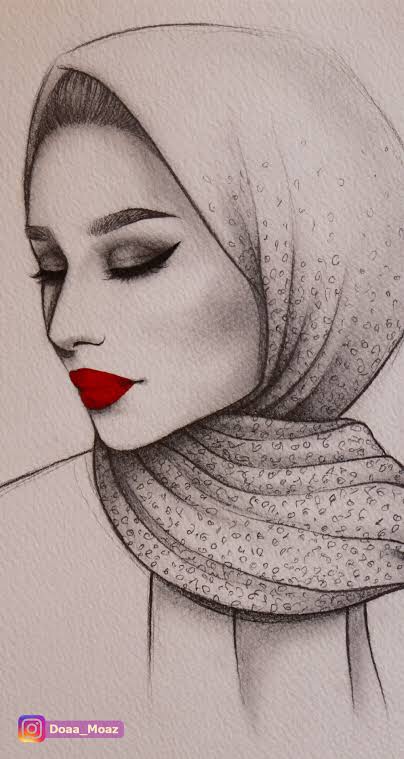Short theme of Surah Abasa
- Being Muslimah
- Dec 29, 2022
- 3 min read
Updated: Jul 2, 2025

The scholars are unanimous about the occasion that prompted the revelation of this Surah. It happened that one of the influential chiefs of Makah was sitting with the Prophet, who was trying to persuade him to accept Islam.
In the past, people were poking fun at him and being sarcastic about the akhira but this time it appears they were actually engaged in some kind of discussion with the messenger (saw). At that moment, a blind man, Abdullah ibn Um-Makhtoom, a cousin of Khadeeja (ra) approached him and said ‘Teach me from what Allah taught you’. He said this over and over again and because he did not hear the messenger (saw) respond immediately he thought that perhaps he had not heard him. The Messenger of Allah was irritated at the Interruption and ignored him.
Some scholars have commented that blind men speak loudly sometimes unconsciously because they assume they are not being heard. In Arabic there are different words for frowning. There is kalh is when you are so upset that you can almost see the person’s teeth grinding. A step above this is basr where in addition to the teeth grinding you can also see a person’s face bulging and the face is said to be turning into an ugly face due to this disturbance. The kind of perturbed expression that lasts only between your eyes in the middle of your forehead and which has no indication on your face or voice is called abas. So of all the words that could be used for frustration when the messenger (saw) directed his frustration at a blind companion he expressed the minimal level of frustration humanly possible and even that Allah (swt) noticed and recorded.
Dawah is to invite someone to the message but tableegh is to get the message out. In this exchange as the messenger had gone to speak to the Quraysh this part of his work was tableegh. The influential chiefs always questioned why they should accept Islam when the lower class of the society are always attracted to it. The Quraysh did not want to associate with these people as they felt it diminished their elite status. So, they were prepared to speak to the messenger (saw) separately. So that was part of the reasons the messenger stuck to speaking with the chief. Another issue is that the messenger (saw) feels like he (saw) is finally getting somewhere. Abdullah (ra) is a true believer and is not going anywhere and thus his questions can wait.
It is important to understand that the standards set for a messenger of Allah (swt) are far higher than the standards Allah (swt) has set for the believers and we can never compare our standards to those of the messenger Muhammad (saw). Allah is extremely sensitive to every intricate mannerism and minute gesture of the messenger (saw. For us, the standard is prayer five times a day but for the messenger (saw) qiyaam-u-layl was mandated for half the night as a minimum. Similarly, although the work of dawah is meant for all Muslims, for the messenger (saw) it was mandated all the time, one from which he could not take a break.
Whenever the messenger (saw) met Abdullah (ra) after this event he (saw) would say to him ‘Welcome to the one my Lord called me out on’ and this would not be out of sarcasm or jest. He (saw) would welcome him and take special care of him. The companions also noted that the messenger (saw) had special regard and honor for Abdullah (ra) after this event. So, it’s important to note that the messenger (saw) was not upset with Abdullah (ra).





Comments